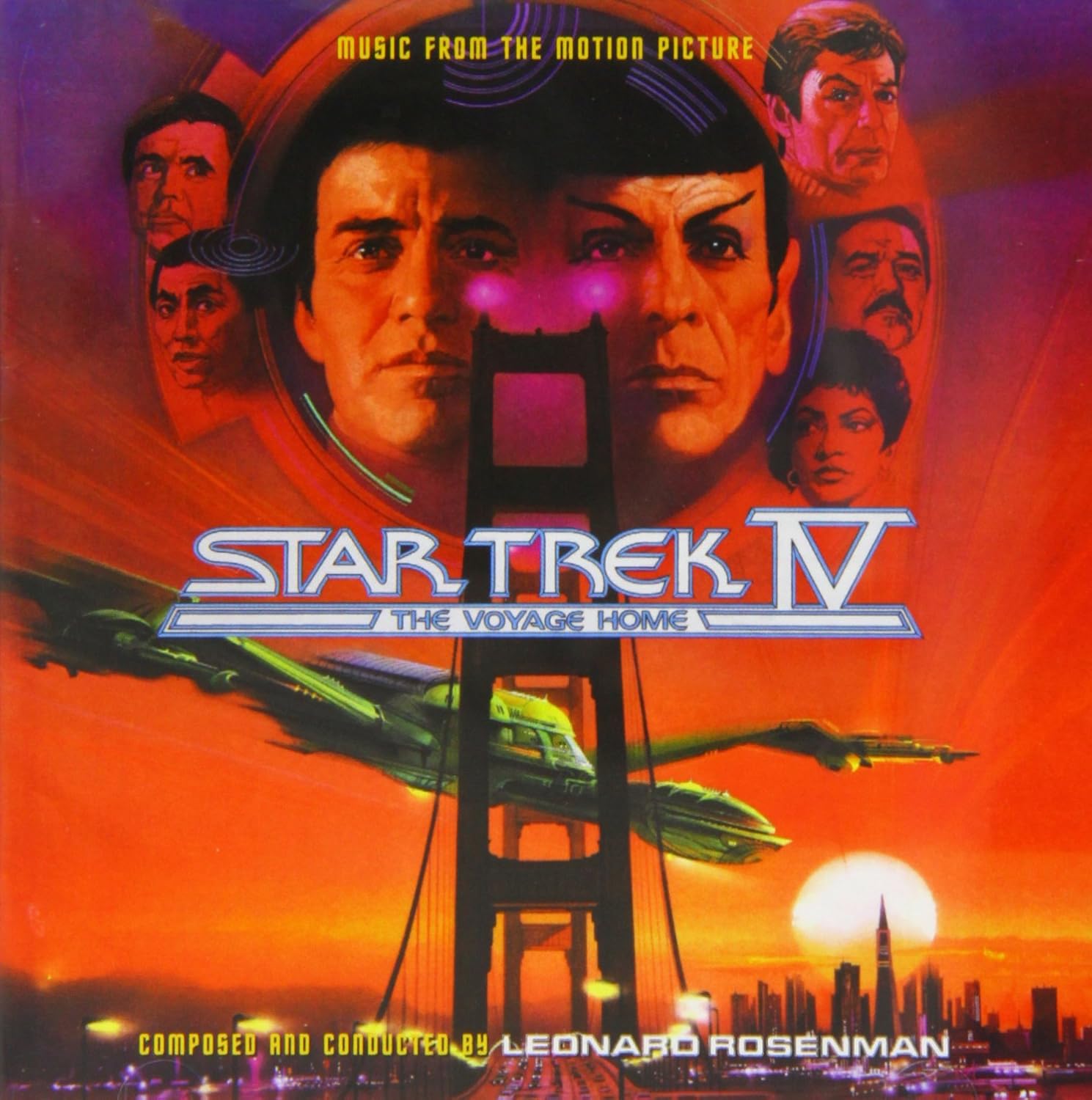
Composed by Michael Giacchino
After Star Trek Into Darkness J.J. Abrams moved on to Star Wars. Justin Lin filled the director’s chair and actor Simon Pegg, who plays Scotty, took a large role in writing the script. Star Trek Beyond sees the Enterprise go on a rescue mission from the space station Yorktown. It turns out to be a set-up and after a big space battle our heroes crash on the planet Altamid. Separated into small groups, the various characters unlock the mystery around the villains, led by Krall (Idris Elba). Since this is New Trek, Krall is motivated by revenge and plans to use a superweapon to attack the Federation. While by no means great, Star Trek Beyond was a fair improvement over Abrams’ films. There’s still too much emphasis on laser battles and the antagonist is another generic vengeance-hungry villain. However, the film shines in the second act when the characters split into small groups and the actors play off of each other. There is even a sense of planetary exploration, albeit one in the confines of uncovering the mystery around Krall rather than any deeper themes or concepts. Michael Giacchino took his music in a slightly different direction that distinguishes his third contribution to the franchise.
Once again Giacchino’s music went through both a single-disc release and a complete Deluxe Edition. This time the first release was longer at an hour’s running time. What is immediately notable is that Giacchino puts more effort into imbuing some character outside space heroics and action. This is fitting as Star Trek Beyond actually has its characters exploring new environments as opposed to sitting in space battles (though there are a couple of those). There is a lot of glassy or primal percussion that, while never reaching the heavily alien sounds of Jerry Goldsmith’s work, adds a unique flavor to the scenes on Altamid. Giacchino makes more use of piano and woodwinds, somewhat evoking Goldsmith’s classical sensibilities for Star Trek: The Motion Picture. There’s also a fair bit of patriotic trumpets and snare drums, fitting into the villain’s motivations and the ideals of the Federation. Continue reading








